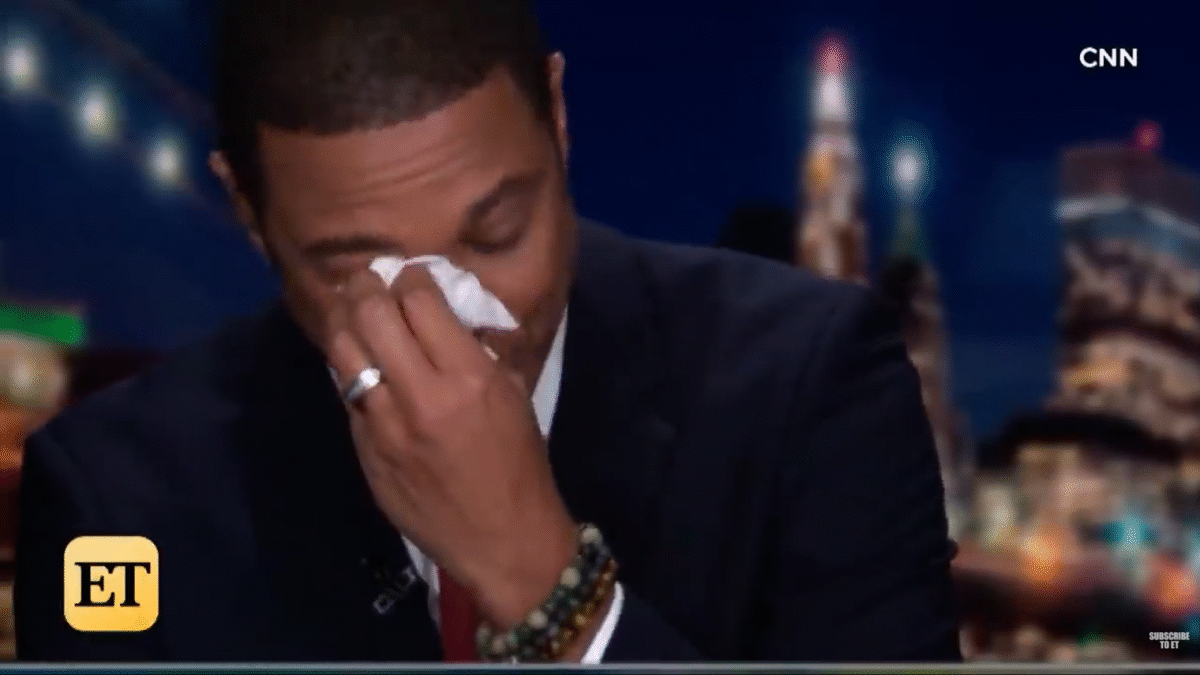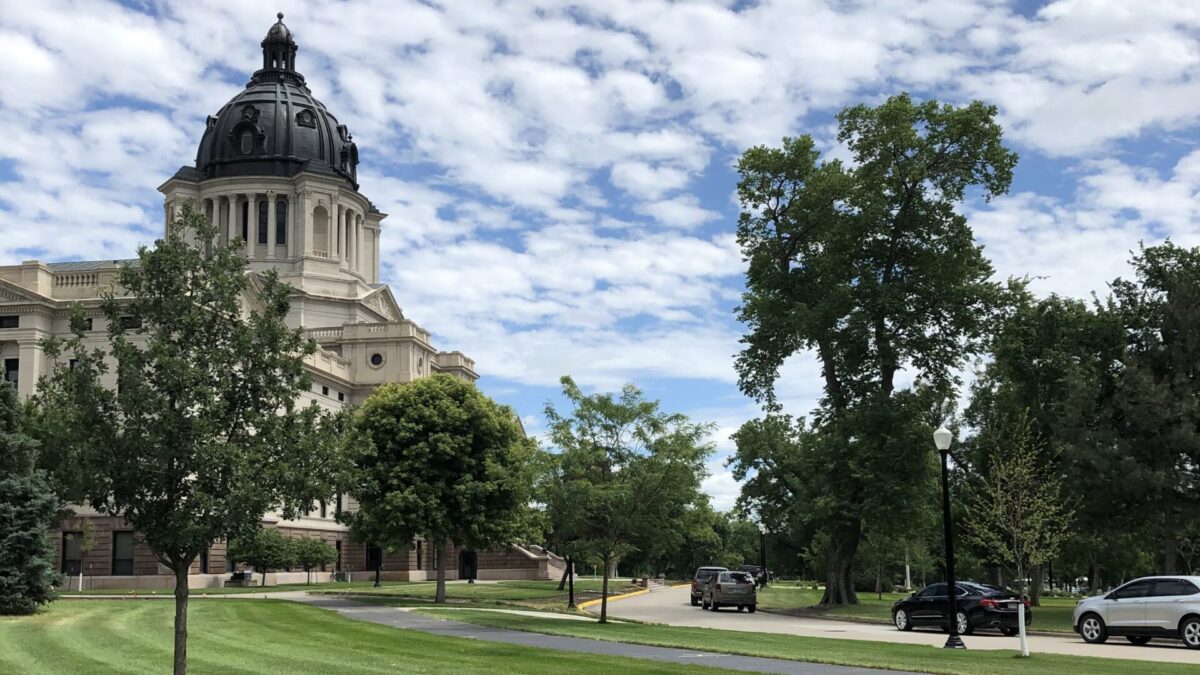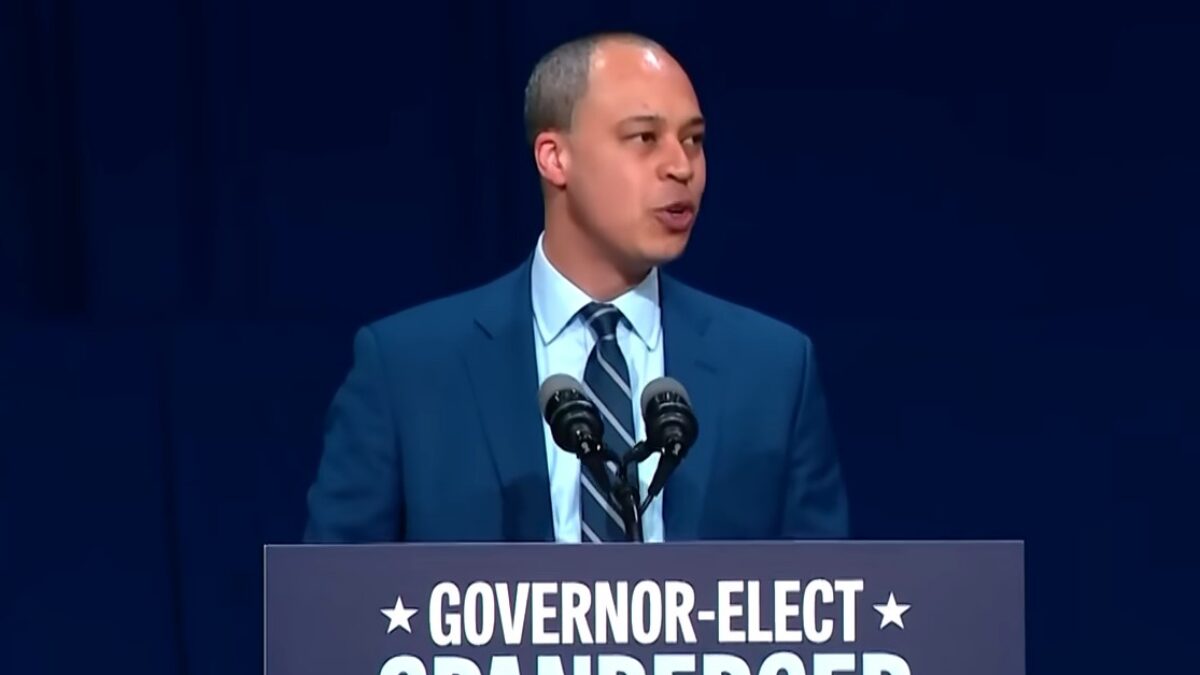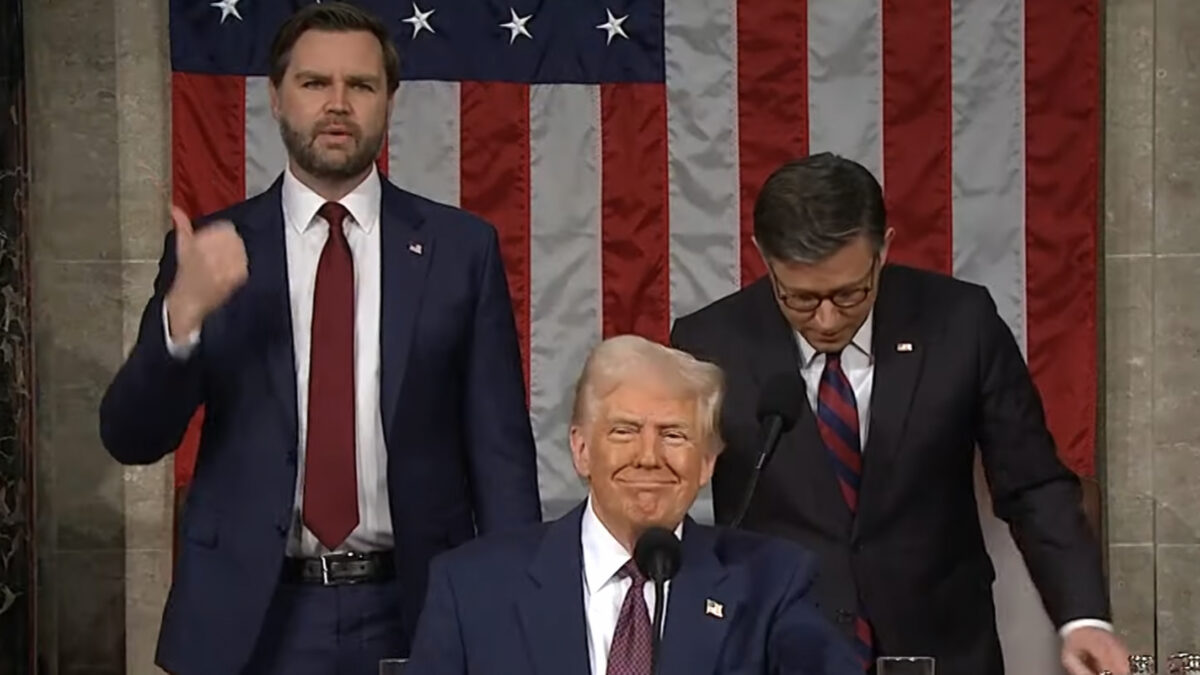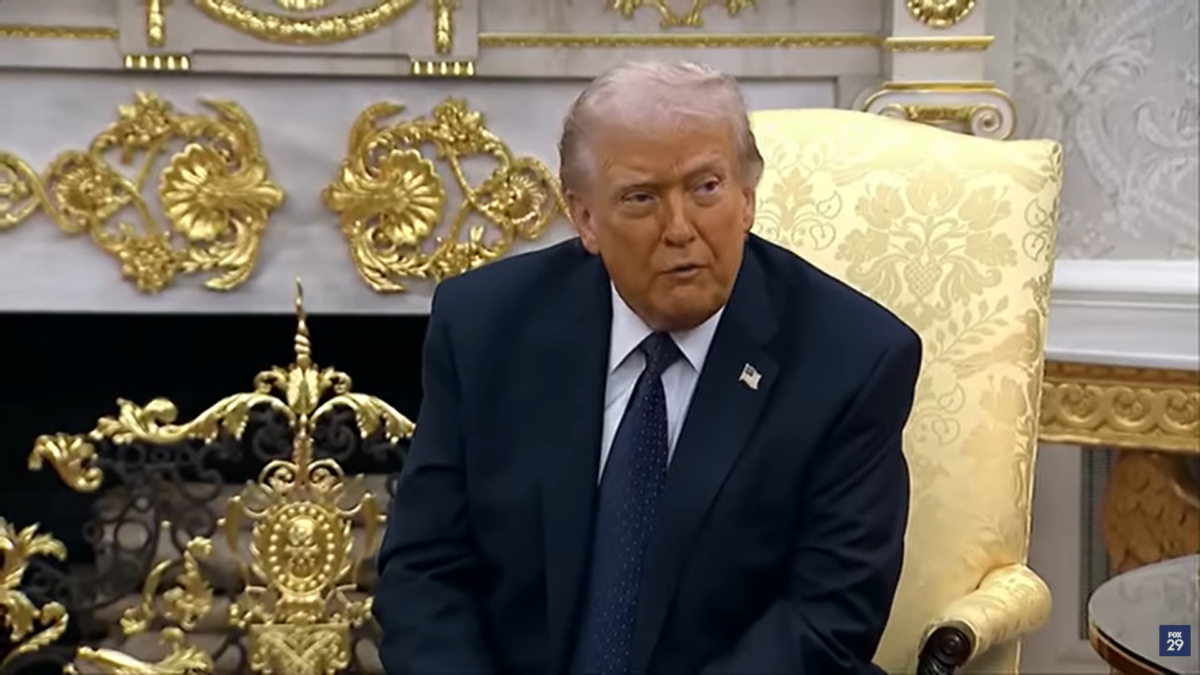Last week, I wrote about the brutal murder of a man on the DC metro on July 4, in the middle of the day. Kevin Joseph Sutherland, age 24, was attacked by Jasper Spires, a troubled 18-year-old who beat and stabbed Sutherland to death in front of a subway car full of passengers.
None of the passengers intervened. They simply watched Spires kick, punch, and stab Sutherland 30 or 40 times with a small folding knife, leaving him to die. Spires then robbed a few other passengers and got off at the next stop.
The incident hit a raw nerve, prompting commentaries in the Washington Post, The Daily Beast, Slate, and elsewhere. On social media, many people were outraged that I’d called the passengers out for cowardice and selfishness. Some protested that we don’t really know how we’ll react in a situation like that. Anyway, who was I to presume what the right reaction should be? Am I so sure that I’d be a hero in that situation? Was I some kind of knife-fighting expert or something?
No, of course not. But that’s beside the point. You don’t have to be a knife-fighting expert or some kind of martial artist to intervene in such a situation. You just have to be an American.
Americans Take Care of Their Neighbors
Alexis de Tocqueville, the French statesman who toured America in the 1830s to study our experiment in democracy, noticed that Americans tended not to rely on the government the way their European counterparts did. We were more independent, more inclined to look after our own local affairs instead of deferring to the will of a centralized administrative state.
The reason, he said, was because the interests of our country “are an object of solicitude to the people of the whole Union, and every citizen is as warmly attached to them as if they were his own. He takes pride in the glory of his nation; he boasts of its success, to which he conceives himself to have contributed; and he rejoices in the general prosperity by which he profits.”
This attitude extended to policing communities and maintaining law and order. Tocqueville noted that during his stay in America, “magistrates and public agents are not numerous; they do not always initiate the measures for arresting the guilty.” But the spirit of the people, who stood ready to take action, compensated for the weakness of the state:
… in no country does crime more rarely elude punishment. The reason is that everyone conceives himself to be interested in furnishing evidence of the crime and in seizing the delinquent. During my stay in the United States I witnessed the spontaneous formation of committees in a county for the pursuit and prosecution of a man who had committed a great crime. In Europe a criminal is an unhappy man who is struggling for his life against the agents of power, while the people are merely a spectator of the conflict; in America he is looked upon as an enemy of the human race, and the whole of mankind is against him.
I’ll Take What Europe’s Having
The contrast Tocqueville strikes between Europe and America is telling, because in some ways we now resemble the Europeans he described more than the Americans. The more we rely on government for our welfare and sustenance, the more we lose a sense of ownership over our communities, of pride in our nation and its success. We become much more like Tocqueville’s passive European, uninterested even in our own affairs and therefore less likely to take action when left to our own devices:
There are countries in Europe where the native considers himself as a kind of settler, indifferent to the fate of the spot which he inhabits. The greatest changes are effected there without his concurrence, and (unless chance may have apprised him of the event) without his knowledge; nay, more, the condition of his village, the police of his street, the repairs of the church or the parsonage, do not concern him; for he looks upon all these things as unconnected with himself and as the property of a powerful stranger whom he calls the government. He has only a life-interest in these possessions, without the spirit of ownership or any ideas of improvement. This want of interest in his own affairs goes so far that if his own safety or that of his children is at last endangered, instead of trying to avert the peril, he will fold his arms and wait till the whole nation comes to his aid.
Days after the July 4 murder on the DC metro, one of the passengers posted his account of the attack on Reddit, saying “What I don’t wish is that I had somehow tried to attack the assailant.” The man was much larger than Spires, who, at 5’5” and 125 pounds, could probably have been overcome by any two adults on the train, saving Sutherland’s life.
Instead, everyone on the train cowered and waited for the police to arrive—a veritable portrait of Tocqueville’s European, who “looks upon all these things as unconnected with himself and as the property of a powerful stranger whom he calls the government.”



